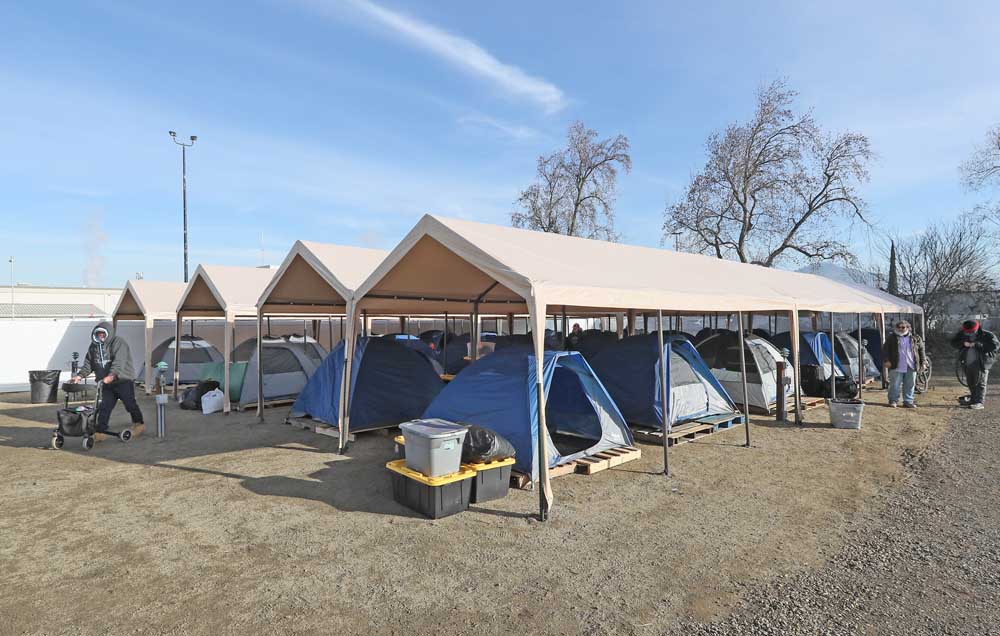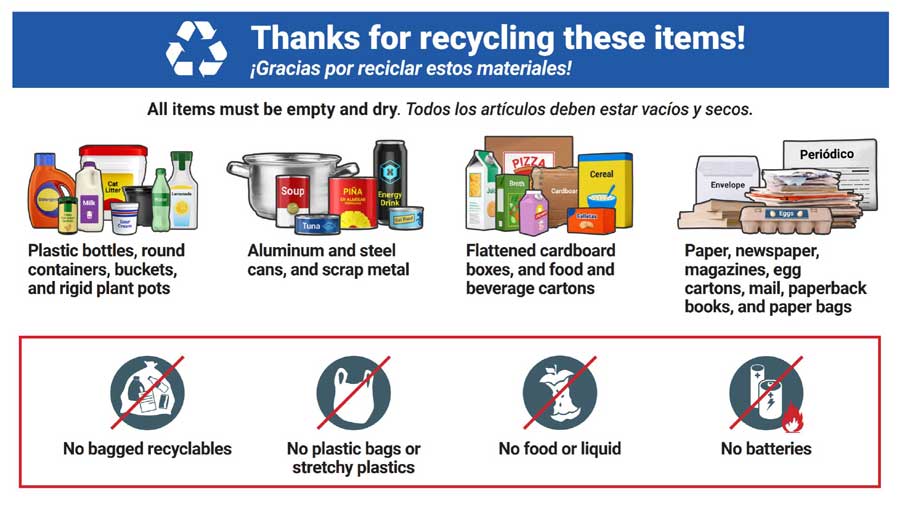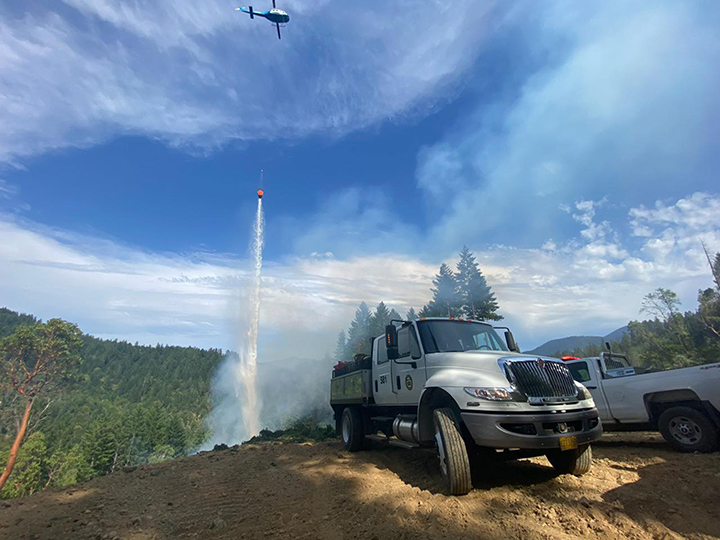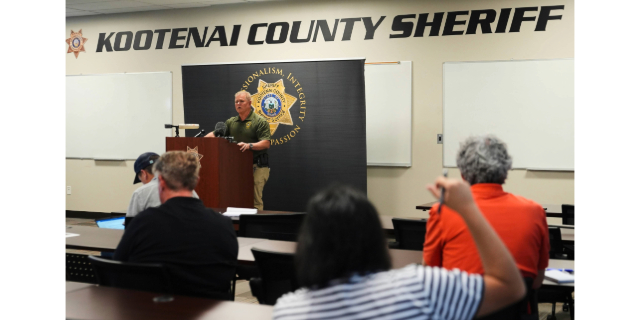Medford City Council grants over $700,000 to shelter provider Rogue Retreat
Published 12:00 pm Monday, May 20, 2024

- Rogue Retreat Crossings on West McAndrews Road replaced what was formerly known as Medford's urban campground, and started moving people to the new location in early December. The Crossings has capacity to shelter more than 150 people.
Medford’s largest homeless organization will receive $702,435 to continue to provide about 250 beds a night at two low-barrier shelters.
Medford City Council last Thursday unanimously authorized federal American Rescue Plan Act dollars for Rogue Retreat, which provides 24-hour, 365-day shelters for homeless individuals.
Rogue Retreat Crossings houses 150 to 160 people a night, and the Kelly Shelter houses 96, including providing medical respite beds.
The council previously authorized $702,420 of the ARPA dollars to Rogue Retreat in January, but an additional $15 became available, requiring a new authorization.
Under the grant agreement, Rogue Retreat has to spend the money by Dec. 31, 2026.
“That would be a significant amount for our budget,” said Sam Engel, executive director of Rogue Retreat.
The annual operating budget for the organization to run a variety of housing programs that provide beds for 415 people a night is about $5 million to $6 million, Engel said.
Crossings and the Kelly Shelter are often the first shelters that homeless people enter on their road to recovery. They are low-barrier, which means they accept guests with drug and alcohol issues, but no drug or alcohol consumption is allowed on the premises.
Crossings offers both low- and high-barrier settings, providing stepping stones to recovery.
Both facilities provide food, restrooms, showers and laundry, as well as the opportunity to avail themselves of services provided by Rogue Retreat and other nonprofits.
Crossings offers everything from tents to small structures.
The Medford Police Department’s Livability Team, which patrols the downtown and Medford’s greenways and parks, refers homeless individuals to Crossings and the Kelly Shelter.
In March, the Livability Team referred 21 individuals to Crossings and 20 moved in.
That month, the Livability Team counted 17 campsites in the city, down from the peak of 257 in 2021, when COVID-19 and the 2020 Almeda Fire sparked a sharp rise in tents.
Since 2019, Medford has invested almost $30 million for homelessness-related efforts, resulting in the creation of the Navigation Center and Crossings, among the many shelter operations now available in the city.
Much of the infrastructure to support homeless people is now in place thanks to various funding sources over the past few years.
Engel said his organization is working on efforts to make his organization economically stable.
As homeless people become more self-sufficient, one of the goals is to place them in more permanent housing, which will provide a revenue stream from rents.
Heather’s Haven houses women with children, and Rogue Retreat is working on providing similar transitional housing for men with children, Engel said.
The Oregon Legislature took notice of the need to provide additional funding for the homelessness crisis.
Senate Bill 5511, which Oregon Gov. Tina Kotek signed into law earlier this year, allocates more than $2.5 billion to Oregon Housing and Community Services over the next two years, including money for homeless shelters and rent assistance.
A popular program, where homeless people pushed a cart through the downtown to clean up the streets in the early morning, will be coming back soon, Engel said.
“We really are determined to move toward a more sustainable future,” Engel said.










